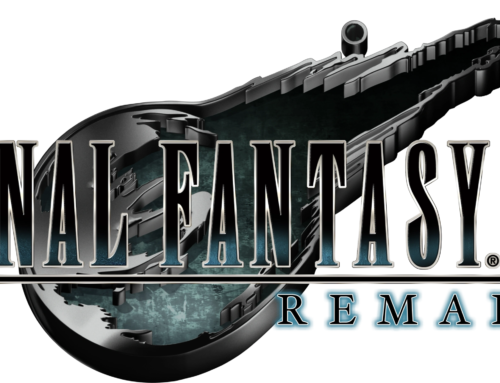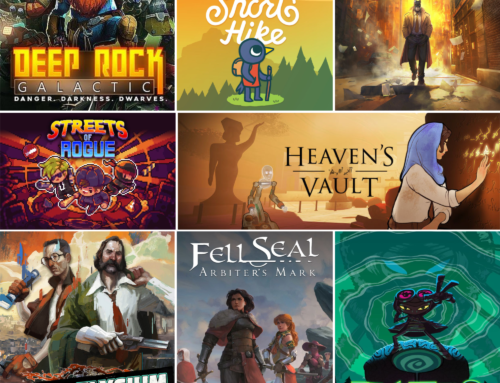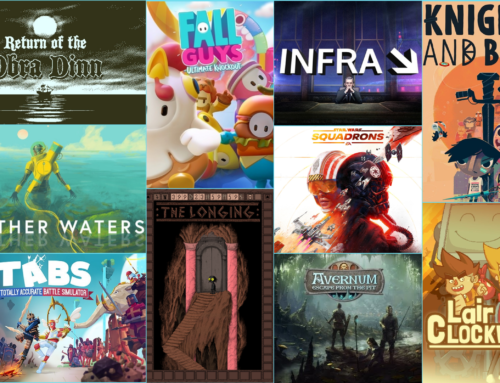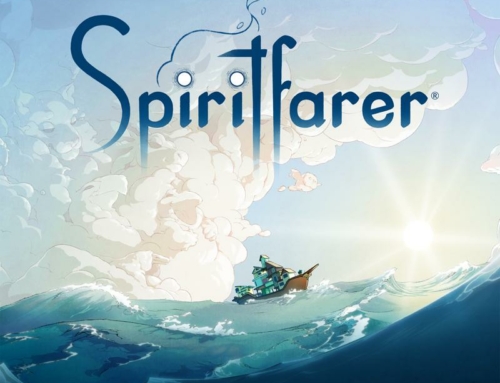If that isn’t a sexy headline, I don’t know what is. But seriously: digital gaming libraries (or DGLs) are one of the most useful gaming resources to emerge from the internet in the last decade.
What is a DGL? In its most basic sense, it’s a spreadsheet that’s easy to use and plugs into preexisting databases of games titles. These started popping up in the early ’00s. I first encountered it on IGN, and Gamespot adopted the feature soon after.
At its most basic level, this sort of cataloging is an act of digital concentration. Most of us don’t have every single game we own sitting in a large contiguous stack, and it’s often useful to be able to set down and have a quick look at the whole thing. When I lost some games in a move, I knew exactly what was missing. When I recently chose to thin the collection and give away 100 games, I was able to sit down with an alphabetical list and pick out the ones I was willing to part with.
But, of course, I could have done that with Excel. What DGLs bring to the table is that they’re easily sharable. At Gamespot (where I hosted my first collection), this wasn’t much more than “hey, you have some of the same games I do.” But a number of sites have popped up that specifically leverage this social element, and I’ll share them below. You can find links to all of them to the left of this post.
 GameTZ: Once you’ve uploaded your collection to GameTZ (short for “Game Trading Zone”), you can mark any you’re willing to part with as available. Make a separate list of games you want, and GameTZ will automatically find matches for users that have things you want and want things you have. It’s elegant, and allows you much more freedom than latecomer Goozex, which merely creates circles of one-way, one-game-at-a-time transactions rather than the more efficient large swaps. Once you’ve acquired a game in trade, it’s automatically added to your collection, and when you tire of it you can repeat the process. It (like all services list here) is totally free, though it’s certainly worth subscribing to support this marvelous site.
GameTZ: Once you’ve uploaded your collection to GameTZ (short for “Game Trading Zone”), you can mark any you’re willing to part with as available. Make a separate list of games you want, and GameTZ will automatically find matches for users that have things you want and want things you have. It’s elegant, and allows you much more freedom than latecomer Goozex, which merely creates circles of one-way, one-game-at-a-time transactions rather than the more efficient large swaps. Once you’ve acquired a game in trade, it’s automatically added to your collection, and when you tire of it you can repeat the process. It (like all services list here) is totally free, though it’s certainly worth subscribing to support this marvelous site.
CheapAssGamer, originally just a deals site, now also has a trading system, but lacks the auto-matchmaking of GameTZ.
Darkadia: Darkadia is one of the simplest DGLs, but also the most aesthetically pleasing. It draws info and box art from GiantBomb’s database and displays it on a nice little virtual wood shelf. You can sort games by platform, games you’ve finished, games you love (shown above!), etc. Great for smartphone users, as you can “show off” your collection to your nerd friends.
Backloggery: Backloggery is a DGL with a mission: using a combination of guilt-tripping and social encouragement to get you to finish the games you already own rather than buying new ones. The design is marvelous and the Multitap feature (where you can see your friend’s progress on their backlogs) is pretty fun. Despite the fact that there is no way I will ever complete my backlog (that number was 275 games before I got rid of a bunch!) I enjoy the slow process.
Okay, so that was pretty goddamn dry, but I get strangely excited over these sorts of exotic databases. Coming up next: a new entry in the “Nobody Expects!” series.






[…] you, this is how nine out of ten retrospectives begin, but this is an extreme example. Back when digital gaming libraries were starting to get established, I cataloged my collection over at Gamespot. It had a feature that […]